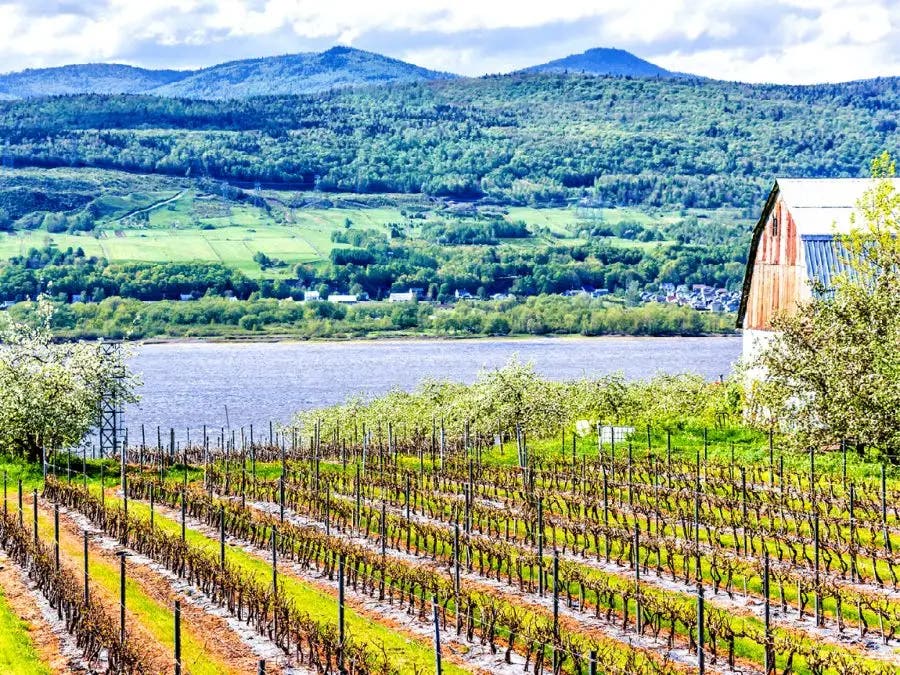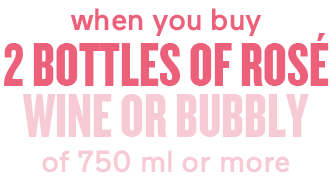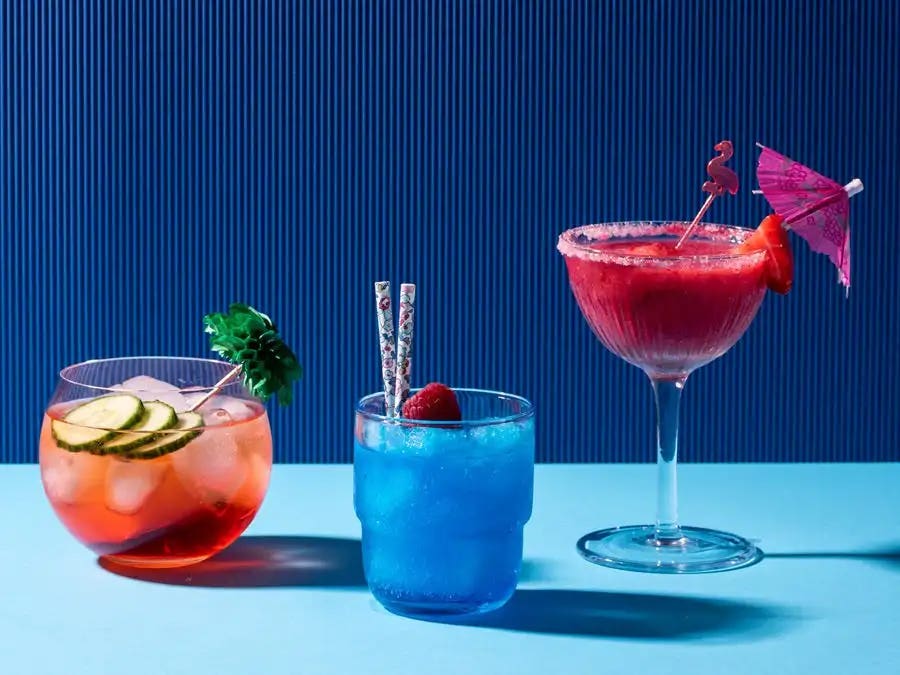 Access to SAQ Inspire personalized services and store inventories are unavailable at the moment.
Access to SAQ Inspire personalized services and store inventories are unavailable at the moment.
 Free in-store delivery with purchases of $75+ in an estimated 3 to 5 business days.
Free in-store delivery with purchases of $75+ in an estimated 3 to 5 business days.

Complete your registration now and get inspired by our products and offers.
Complete my registrationComplete your registration now and get inspired by our products and offers.
Complete my registrationThe Charter of the French language and its regulations govern the consultation of English language content.
Prices displayed on SAQ.COM reflect the temporary GST break for qualifying products. Details.
![]()
Until Sunday, take advantage of your POP offers and the flyer to earn even more points and save. See my offers.
![]()
Take advantage of Super Saturday on March 1! Get 20% off super products.
To view the store map, you must accept the “Optional: Marketing content and enhanced services” cookies and other technologies and the « Youtube » partner, and refresh the page.


Quebec wines take pride of place
When you purchase Quebec wines, you’re supporting the local economy, all while choosing eco-friendly products. And also—they’re exceptional wines!
Quebec New arrivals
Explore a host of articles





















